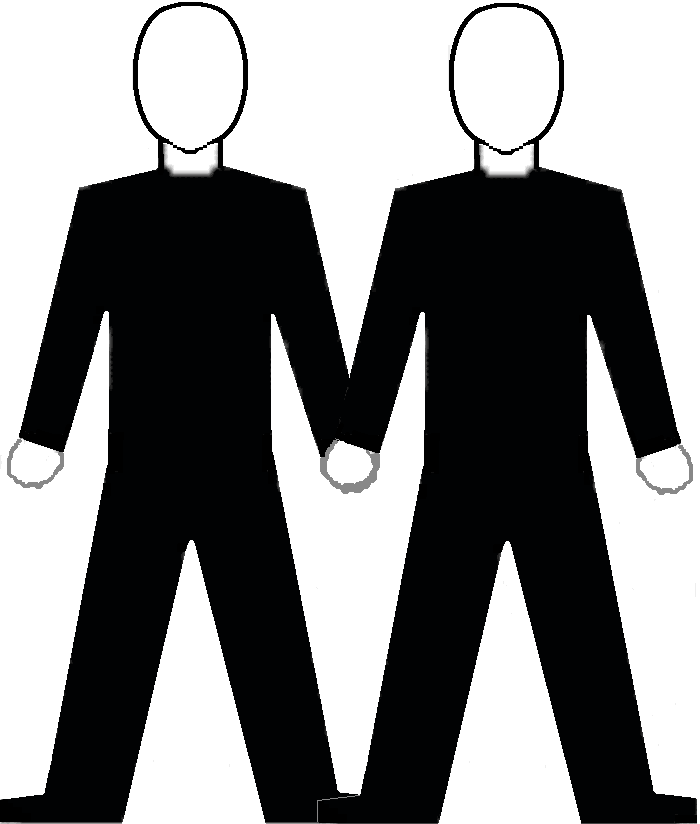
Dear Dr. Hurd: I’m not sure I can give proper advice to my brother. He’s gay and really loves our parents, who are slightly religious but don’t practice. They’ve made anti-gay remarks in the past, and he’s afraid they won’t approve of his sexuality. He’s 18 years old and a freshman in college. He also seems to feel like he is a disappointment to them because of what he thinks is their anti-gay stance, and I can see what he means about it. They have made such comments before. Do you have any advice? I’m really at a loss for what to say.
Dr. Hurd’s reply: Advice? I don’t think so. But I can give some perspective.
When your parents make anti-gay remarks, they’re not talking about your brother. They’re talking about the “floating abstraction” of homosexuality. To your parents, there’s a disconnect. There are “gays,” whom they dislike in the abstract. And then there is your brother, whom they presumably love a great deal.
When they learn your brother is gay — and they eventually will — they will have to throw out one or the other. Two contradictory assumptions cannot be reconciled: “Our son, whom we love, is a good guy” and, “Being gay is disgusting, bad and wrong.” One of these things has to be false.
In other words: When they learn your brother is gay, they’re either going to stop disliking “gays” OR stop loving your brother. But not both.
The most probable outcome is they’ll keep loving your brother. This is because most parents are, like yours, only “slightly religious” and don’t practice religion with any sincerity. Some religious people are liberal on the subject of homosexuality, but most are not. But I’m aware of numerous exceptional cases, even there. One case I know of (not a client): A male couple adopted three young children back in the late 1980s. This was very early, culturally speaking, for that kind of thing. The mother of one of the male partners was a devout and unyielding fundamentalist Baptist. Upon learning of her son’s homosexuality a few years earlier, she had cut him off. Once little grandchildren were on the scene, she began to show up at the household, offering to babysit, offer advice and the like. It went as well as it possibly could.
You never can predict how people are going to react about this issue. One of the reasons homosexuality is such a hot-button issue is that it forces people to confront their contradictions, like I said. Another reason is that it forces to the surface the issue of selfishness and self-interest. Let me explain.
Religious or not, we’re all taught that selfishness and self-interest are bad. In contradiction, we’re also taught that we must go out in the world, determine our dreams, pursue them and act with self-interest, self-preservation and self-responsibility throughout life. It’s a horrendous contradiction, but it’s one to which the vast majority of us are exposed. And we wonder why there are so many emotional problems and disorders!
This contradiction takes a special form in the case of romance, marriage and sexuality. Conservative, religious parents teach their children: “Marriage is selfless. The purpose of marriage is to create and raise a family. Personal happiness has nothing to do with it.” Non-religious people have internalized the same false belief that love is selfless. I hear just as many non-religious people complaining about their spouses’ “selfishness” as I do religious people. In fact, even more. What does it say that so many people expect their spouses to be selfless (which to them means: moral) while they’re not asking the same of themselves? Sounds like a big fat contradiction to me.
Homosexuality challenges these assumptions, that love is selfless. If you accept your homosexuality, then — by definition — you have elevated the idea of rational self-interest, of personal fulfillment, above the supposed virtue of self-sacrifice. You have to choose! This stirs up a lot of uncomfortable feelings in people, feelings that go way beyond the boundaries of sexual orientation.
You said your brother feels he has disappointed his parents. If I were you, I would tell him, “So what if you disappoint them? Disappointment is based on a standard. If the standard is reasonable and valid, then you’ve disappointed yourself as well. Work on fixing yourself, for your own sake and not for them. And if their disappointment is based on something unreasonable, or something not applicable to you personally, then accept the fact you’re your own adult and get on with it!”
Counseling, with a therapist who’s good and whom you like, can be a big help in a situation like this. Your brother would feel less alone. It’s fine that he’s talking to you about it, but he should be talking to a good therapist, too. Tell him about my book on how to find a good therapist.
I would go so far to say that disappointing your parents, or others, is part of growing up. If you don’t know how to handle disappointing others, then you’re not yet your own man or woman. That, and not his sexual orientation, is your brother’s bigger issue.
We don’t need the approval of anyone in order to survive and flourish in life. We only THINK we do. Once we liberate ourselves from that false idea, the true meaning of freedom is our own to exploit.
The bottom line to all of this is: It’s YOUR life, not anybody else’s. Yes, this is selfish. Stop running from it, and stop apologizing for it.
Keep up with moment-by-moment developments at DrHurd.com by friending Dr. Hurd on Facebook. Be sure to search and friend ‘Michael Hurd’ to see regular links to DrHurd.com plus other recommended sites and articles on Dr. Hurd’s “wall.”
